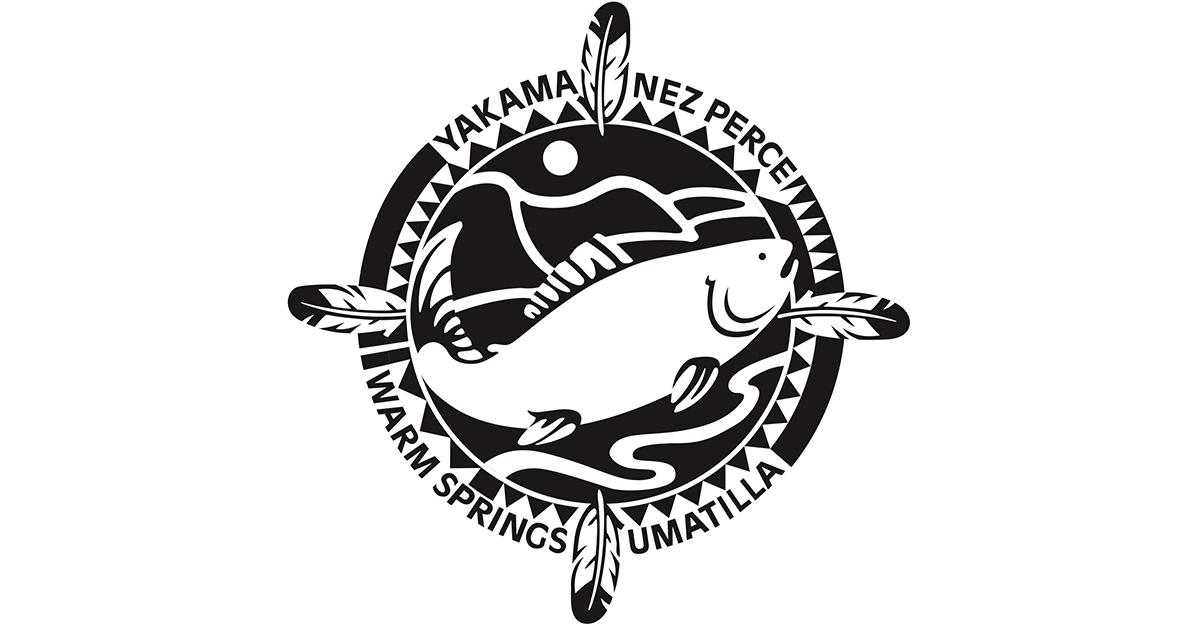The Columbia River Inter-Tribal Fish Commission (CRITFC) aims to increase the retention of Native American students pursuing Science, Technology, Engineering & Math (STEM) degrees by providing research experience, mentoring, and an opportunity to explore career options in natural resources.
These two internships are specifically geared towards Native students enrolled in undergraduate degree programs and interested in salmon genetics through opportunities with the Hagerman Genetics Lab. Internships are intended for a period of 6 - 8 weeks (30 - 40 hours per week; $18/hour) in the summer of 2023, with activities focused on lab techniques used in fisheries genetics. Interns will be based at the Hagerman Fish Culture Experiment Station (HFCES), which is a shared facility with the University of Idaho based in Hagerman ID. Housing will be provided for the period of the internship at a dorm facility located on-site.
Compensation
- $18/hour (30 - 40 hours per week for 6 - 8 weeks).
- Housing will be provided for the period of the internship at a dorm facility located on-site. (Dorm has bedrooms, bathrooms, kitchen, and laundry)
- Interns will be responsible for all personal expenses including food and travel to/from the facility.
- Expenses directly related to field sampling or attendance of meetings will be covered by CRITFC.
Goals
- Increase exposure of tribal members to professional careers protecting tribal resources with advanced genetic tools.
- Promote retention of tribal students pursuing Science, Technology, Engineering and Math (STEM) degrees.
- Provide hands-on internship with experience and mentoring in a fisheries genetics lab.
- Increase interactions with academic faculty and professionals in the field of fisheries genetics.
- Encourage employment in fisheries and natural resources, with exposure to fisheries programs of CRITFC member tribes.
Learning Objectives
- Gain a deeper understanding of advanced genetic tools that are applied for fisheries research, while conducting work through a Traditional Ecological Knowledge (TEK) lens.
- Explore career and educational goals with faculty and mentors.
- Acquire familiarity with options for graduate school and employment processes through regional fisheries programs.
Qualifications
- Must be a member or descendant of a Native American tribe.
- Currently enrolled in a related field of study as a full-time undergraduate student during the current academic year (minimum of 12 credit hours) at a regional institution.
- Have an interest in majoring in the natural resources field.
- Have an interest in working for a tribal organization and fisheries program.
- Someone considering a career or graduate school in the field of natural resources.





